A routine day at the zoo became a nightmare within minutes.
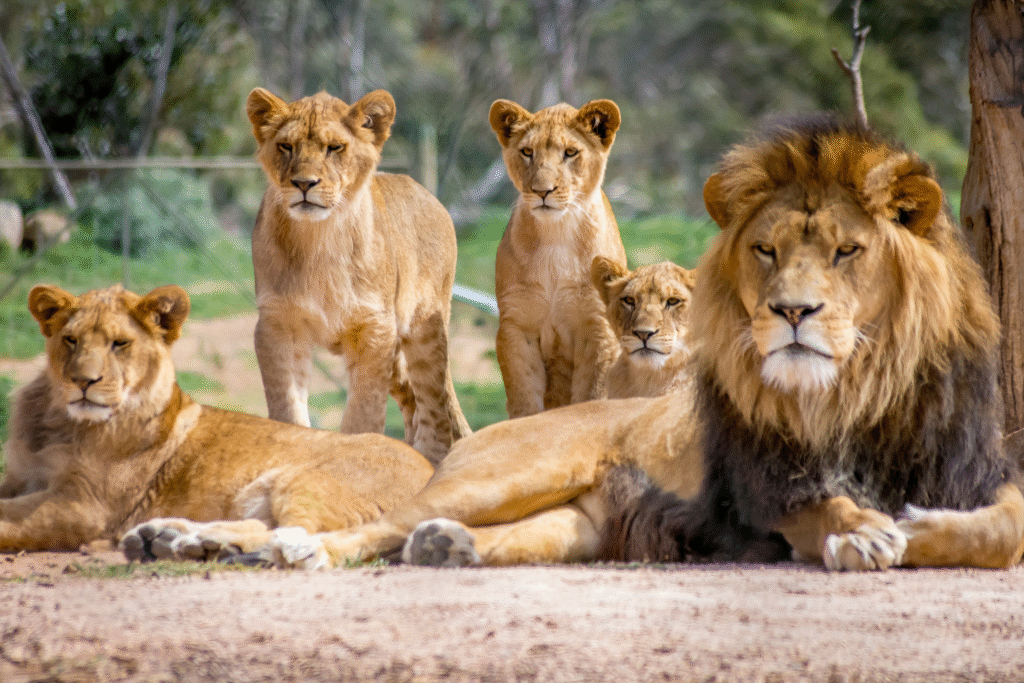
Visitors who came to see lions in a Thailand zoo never expected to witness tragedy unfold in front of them. A zookeeper entered the enclosure for what looked like routine care, and within moments, the atmosphere shifted from calm to chaos as the lions attacked. Screams echoed, and phones that had been raised for photos began recording something entirely different.
Incidents like this bring to light the dangerous balance between humans and wild predators in captivity. Behind the scenes, safety protocols exist to prevent these events, yet when things go wrong, they go wrong fast. What unfolded next shows how fragile control can be when working with powerful animals.
1. The attack began during routine enclosure work.
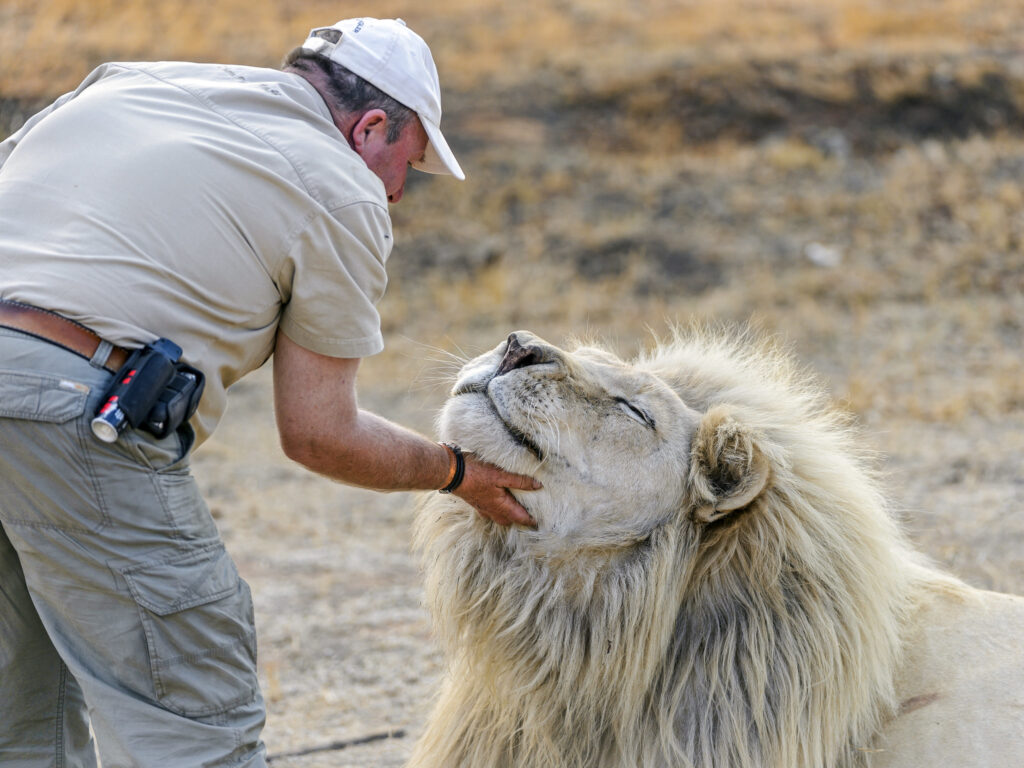
The zookeeper had entered the lion enclosure for scheduled maintenance when the animals suddenly turned aggressive. Witnesses recalled how quickly the lions moved, surrounding the keeper before staff could respond. According to the Bangkok Post, the lions’ natural instincts took over in seconds, leaving little chance for escape.
For tourists, the shift was terrifying—what seemed like ordinary care became a desperate struggle. Many later reported the surreal nature of the moment, watching an everyday task dissolve into a violent fight for survival. Those seconds underscored how unpredictable predators can be, even in familiar environments.
2. Tourists were forced to watch the scene unfold.
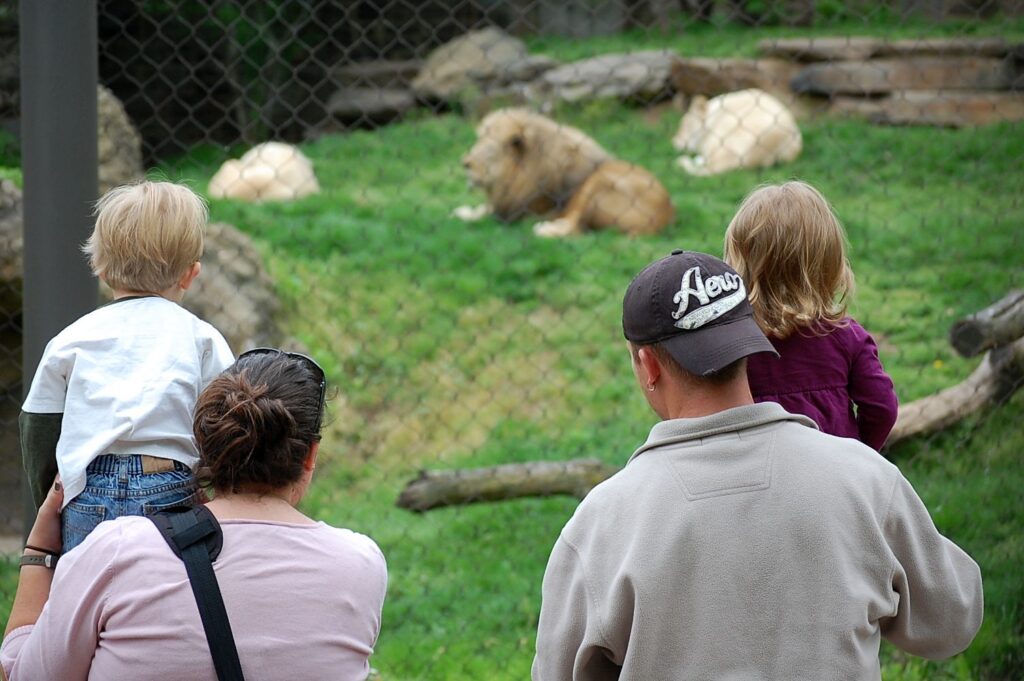
The enclosure was in full view of visitors, leaving no barrier between their eyes and the attack. Families, children, and groups of travelers described screams, frantic phone calls, and the inability to look away. As stated by Reuters, footage captured on cellphones spread online within hours, adding to the global shock of the event.
The raw horror of seeing such violence firsthand etched itself into memory. For many, vacations now carry a story they wish they could forget. The scene also sparked debates about visitor safety in enclosures where accidents could play out in plain sight.
3. Emergency teams tried to intervene but were too late.
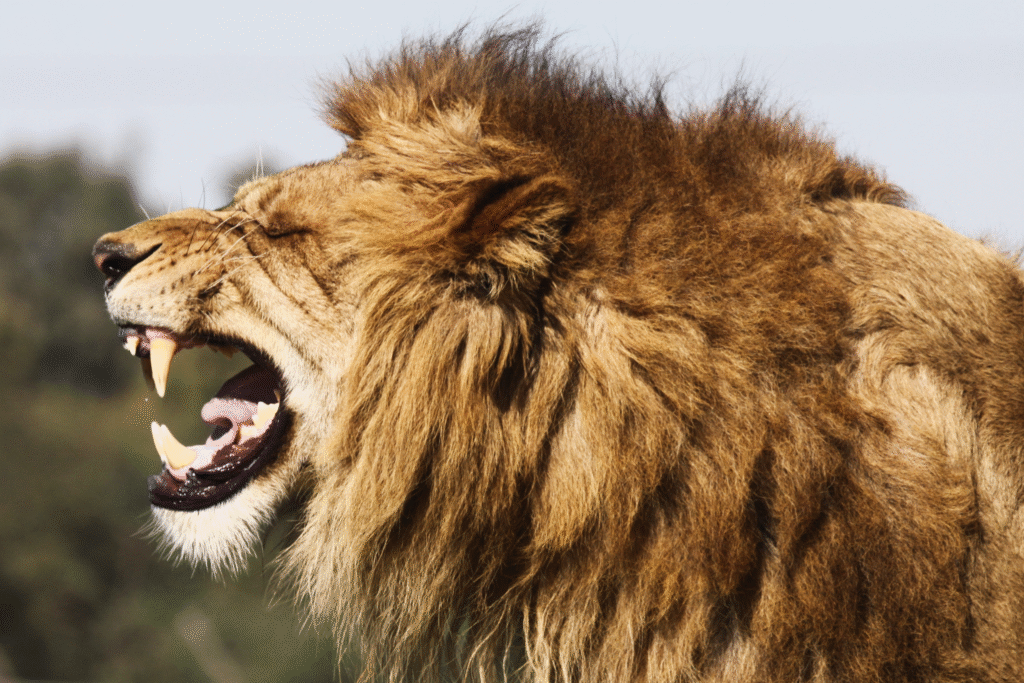
Within minutes, zookeepers and emergency responders rushed to the enclosure armed with tools to separate the lions. They used loud noises, barriers, and distraction techniques, but the damage was already severe. As discovered by Thai PBS, medical teams on standby could not revive the injured keeper despite immediate efforts.
The speed of the attack left little room for intervention. Lions act with precision and power, and even the fastest human response lags behind. The incident demonstrated the limitations of emergency protocols when faced with apex predators inside their own space.
4. Safety protocols are under intense scrutiny.
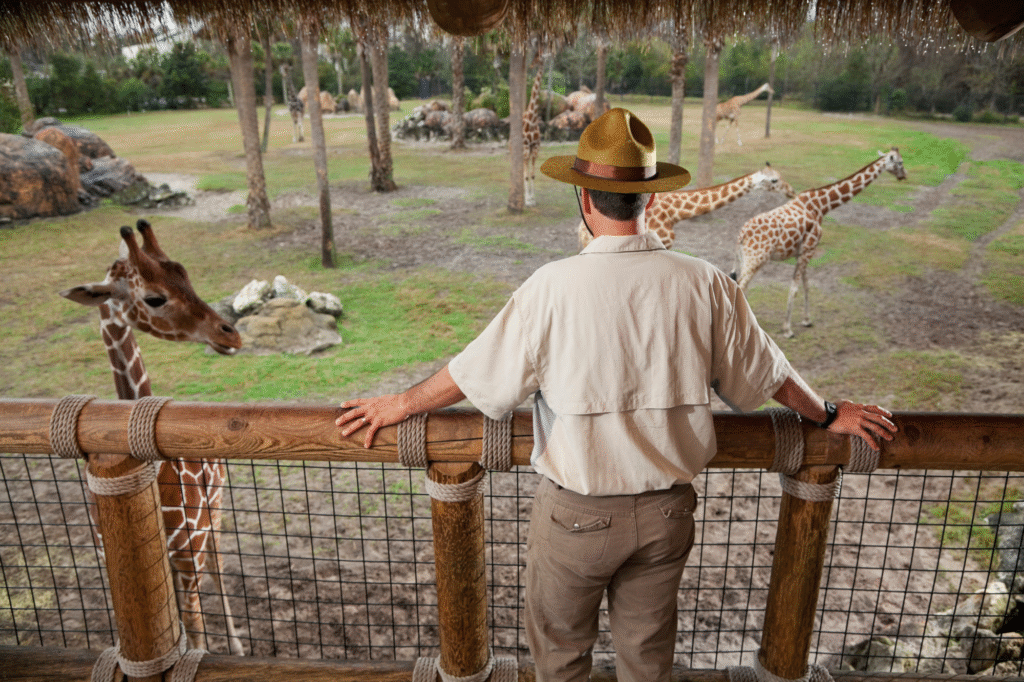
After the attack, questions arose about why the keeper entered without full protective measures. Zoos often rely on strict procedures to minimize direct human-animal contact, yet lapses or oversights can happen. This tragedy has now pushed Thai authorities and international observers to demand deeper investigations into daily operations.
Public trust in zoos depends on reassurance that staff and animals are managed responsibly. Every incident raises stakes not only for safety but for the reputation of facilities around the world. The aftermath, therefore, extends well beyond a single enclosure.
5. Lions in captivity behave differently but retain instincts.
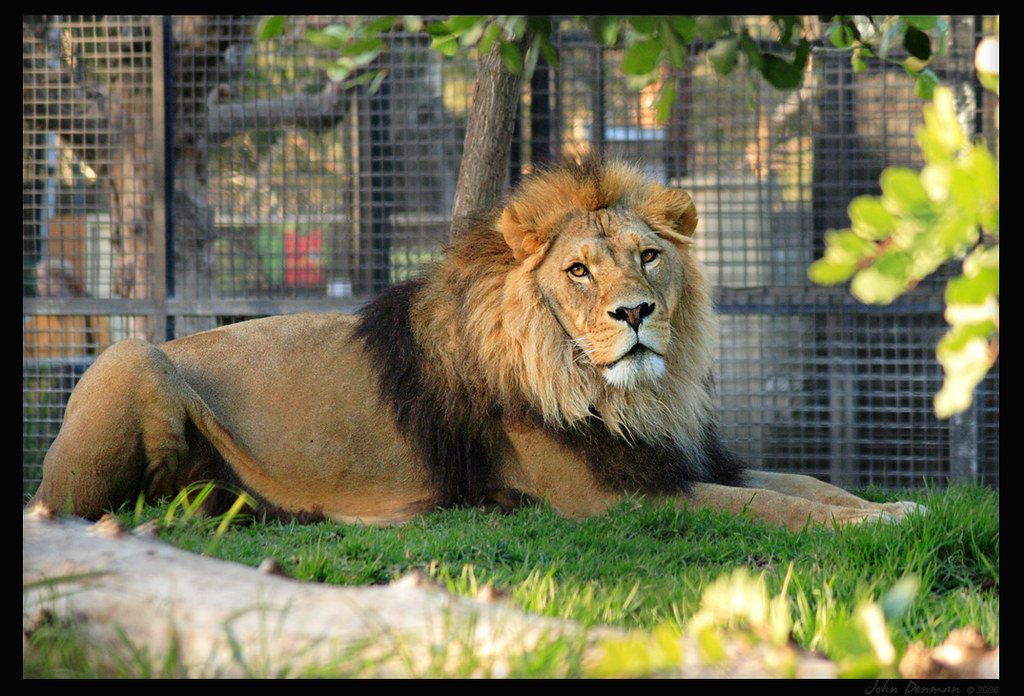
Even lions raised in zoos still carry the same predatory instincts as their wild counterparts. They may appear calm, lounging behind glass, but triggers can awaken their hunting drive without warning. That contradiction—familiarity versus ferocity—was laid bare in this moment.
The attack reminded everyone that captivity does not erase nature. It only hides it beneath a thin surface of conditioning. For those who saw the event, the raw truth of that realization is impossible to unsee.
6. Tourists described lasting trauma from the experience.
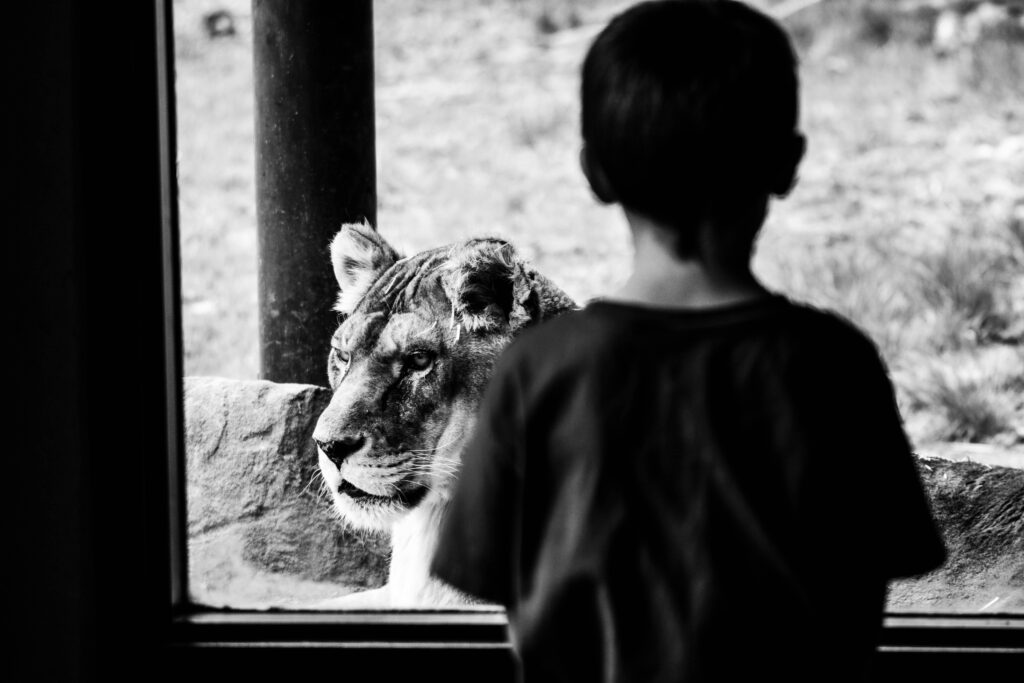
Witnesses later spoke about nightmares, anxiety, and flashbacks to the attack. Children, in particular, struggled with fear long after leaving the zoo. For some, the event altered their perception of animals altogether, shifting awe into fear.
The human toll of such incidents extends beyond the victim. Shared trauma often ripples outward, altering how entire families recall what was meant to be a joyful trip. Those ripple effects will remain long after the headlines fade.
7. Global debate over zoo ethics reignited overnight.

The story reached international outlets quickly, igniting renewed discussions about whether keeping apex predators in captivity is ethical. Supporters argue that zoos provide conservation value and education, while critics insist risks outweigh benefits. This incident sharpened those debates by placing the dangers in stark view.
Public opinion tends to sway when tragedy enters the frame. For many, the attack added fuel to long-standing calls for alternatives to traditional zoos. The lions, though central to the story, became symbols in a larger argument about human control over wild life.
8. The zoo faces investigations and public pressure.
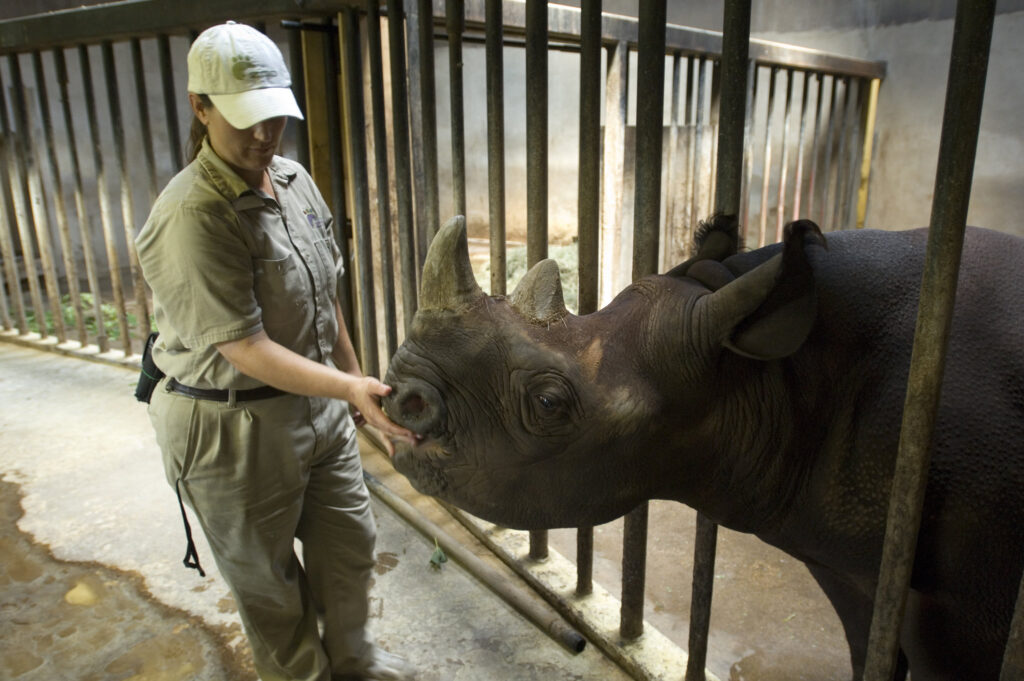
In the aftermath, officials launched inquiries into what went wrong, promising accountability. The facility must now answer to grieving families, shocked visitors, and regulators demanding change. Beyond that, international eyes are watching closely, ready to measure how Thailand responds to such a high-profile tragedy.
The weight of responsibility now hangs heavy. The zookeeper’s death is not only a personal loss but a public one, forcing institutions to confront the price of mistakes made inside enclosures built for spectacle. In the end, the legacy of this incident may reshape how zoos operate worldwide.
